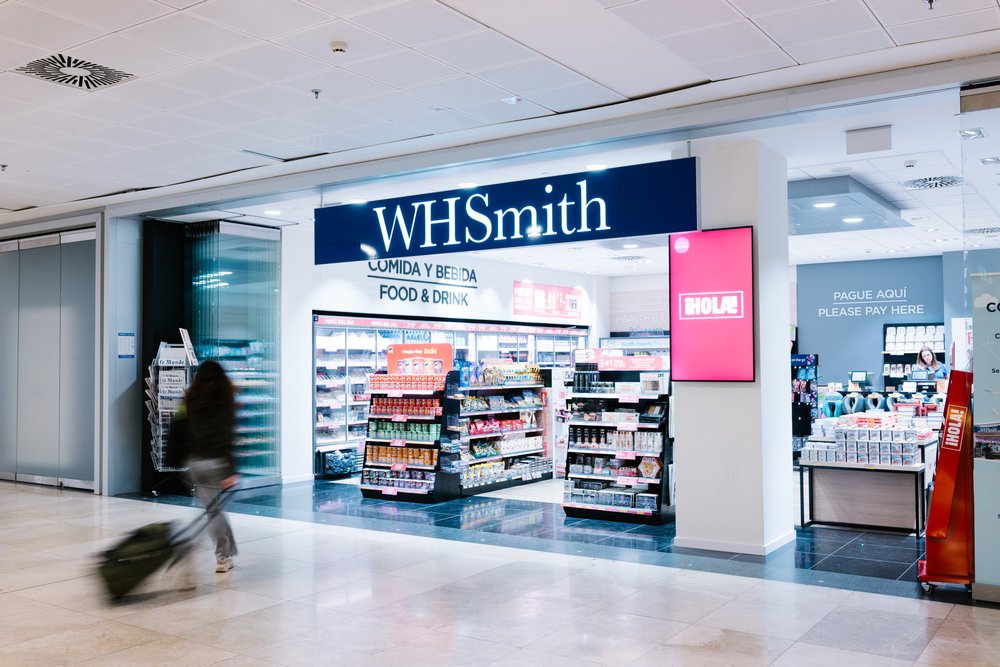Primark has seen its like-for-like (LFL) sales fall by 6% in the UK and Ireland in the 16 weeks to 4 January, marking the first drop in sales for the retailer since COVID.
Associated British Foods (ABF), which owns the Primark brand, said this drop in the UK market, which accounts for 45% of its total retail sales, was a result of "cautious sentiment" from customers and a "lack of season purchasing", which it has attributed to the "mild autumn weather".
ABF stated that although there was LFL growth in December over the Christmas trading period, October and November were "weak", with its market share decreasing to 6.8%.
The firm also said that the performance of its womenswear division was impacted by weaker sales in cold weather and seasonal clothing. However, this was offset in part by strong sales in performance, leisure and nightwear.
Despite these results, ABF announced that Primark had opened one new store in the UK and had relocated a new store.
It has also "increased customer awareness" of its click and collect service in the UK, which has now been rolled out across 113 stores.
Looking ahead, Primark is now targeting low-single digit sales growth in 2025, which will be driven by its "store rollout programme" in growth markets in Europe and the US.
In the UK and Ireland, ABF said that it is "confident in the Primark proposition", as it looks to focus on initiatives across "product, digital and brand" to drive underlying growth.
Investment director at AJ Bell, Russ Mould, noted the problems for the retailer, stating that "if Primark is struggling, you know the UK retail sector is in trouble".
He concluded: "When Primark says UK sales are weak, you know there has been a change in shopper behaviour. People might still be visiting its stores but they are being more selective and that’s a problem when the business model is built on shifting high volumes of goods.
"Retailers love to blame the weather when things don’t go well. While the UK autumn was relatively mild, winter has been bitterly cold so Primark should still have been able to shift plenty of jumpers and coats in recent weeks, albeit the last couple of weeks fall outside of the reporting period to 4 January for the trading update.
"It’s situations like now where Primark’s parent company benefits from its conglomerate structure. While the retail arm has been weak, the ingredients arm has come to the rescue and that’s why the share price hasn’t tanked on the update."
© 2019 Perspective Publishing Privacy & Cookies










Recent Stories